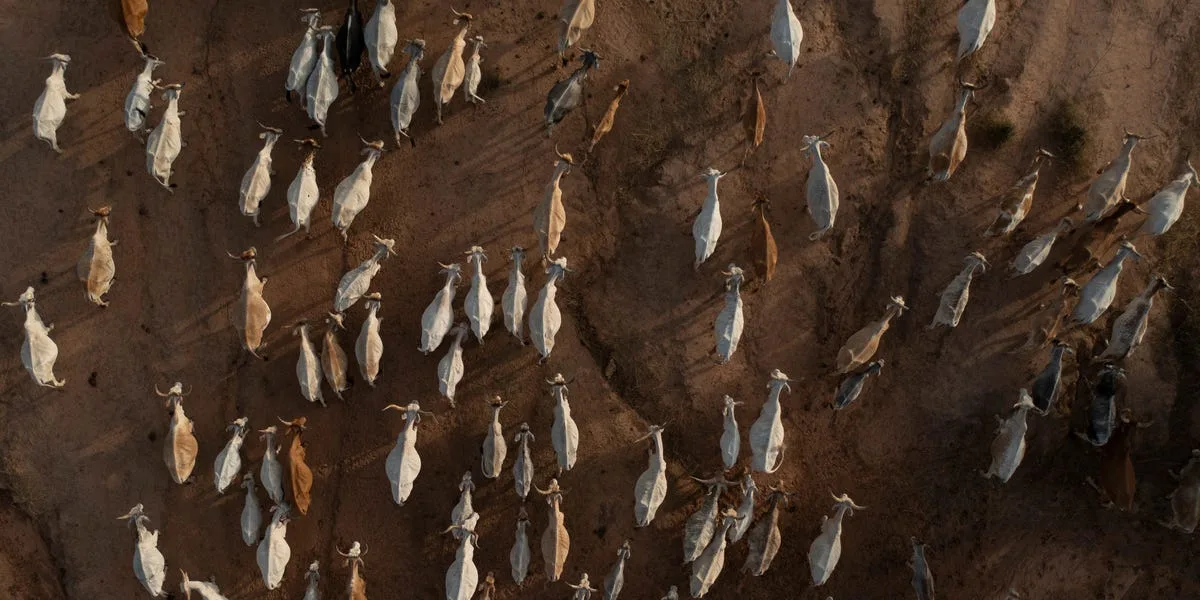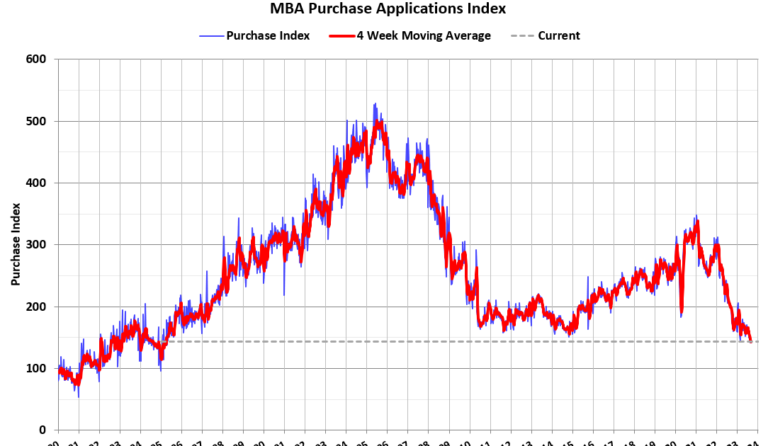The Impact of Climate Change on Senegalese Herders
Climate Change Threatens Senegalese Pastoralists
Senegal, a country in West Africa, has a long history of pastoralism, with herders raising livestock for centuries. However, climate change poses a serious threat to their way of life. Let’s take a closer look at the challenges they face and the strategies they are adopting to adapt.
Changing Grazing Patterns
Traditionally, Senegalese pastoralists would graze their herds on grasslands close to home. But as rainfall patterns become more unpredictable, finding suitable grazing areas has become increasingly difficult.
With the decline in available grazing land, herders are forced to travel further and earlier in search of food for their animals. In some cases, they have to travel nearly 100 miles. This has significant implications for both the herders and their families, as the men leave their homes for extended periods, leaving their wives and children behind.
Decreased Availability of Land
The availability of land for grazing has also been affected by changes in agricultural practices. Historically, farmers and pastoralists had a mutually beneficial relationship, with herders allowing their animals to graze on farmland and farmers providing them with leftover agricultural waste. However, as artificial fertilizers become more widely available, farmers are less inclined to share their resources with herders.
This has created tension between herders and farmers, with conflicts arising over access to land. Farmers often harvest earlier to prevent herds from trampling their crops, which further limits the grazing options for pastoralists.
Water Scarcity
Furthermore, Senegal has experienced erratic rainfall patterns in recent years, leading to water scarcity. Dried riverbeds have become a vital source of water for pastoralists, who dig into them to provide for their animals.
However, the scarcity of water and food has resulted in reduced herd sizes and the prevalence of malnourished and sickly animals. This has led to decreased profits for herders and an increase in theft of sheep and goats by jobless young men looking for quick sources of income.
Adapting to Climate Change
In response to these challenges, Senegalese pastoralists are turning to modern technology and resources provided by NGOs to navigate the impacts of climate change.
Cell phones have become valuable tools for herders, enabling them to access information about the best grazing areas and weather forecasts. NGOs also play a crucial role by broadcasting weather forecasts and offering advice on animal husbandry through radio stations that cater to the dominant pastoralist language in the region.
Resilience in the Face of Adversity
Despite the hardships they face, Senegalese herders draw strength from their resilience and the knowledge passed down through generations. Older members of the community recall even more severe droughts in the past and, although the current conditions are challenging, they remain hopeful.
The future of Senegal’s herders may hang in the balance, but their determination to adapt to a changing climate and preserve their way of life is unwavering.
Source: Senegalese herders have raised livestock for centuries. Climate change is threatening their future.







